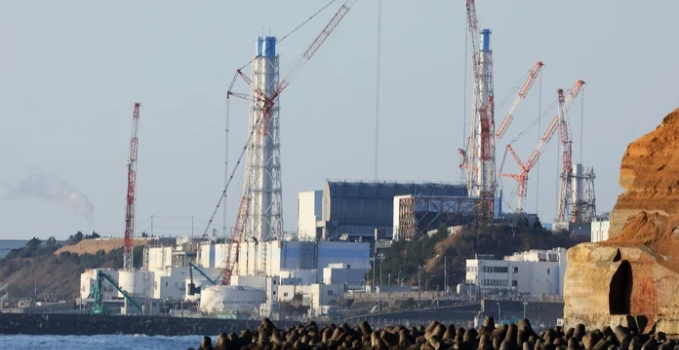
Regulators Allow Aging Reactors to Operate Beyond Current Limits Amid Controversy
On Monday, Japanese nuclear regulators approved controversial changes to safety evaluations and draft legislation that will enable aging reactors to operate for longer periods. This decision came from the Nuclear Regulation Authority in a rare split vote, with one of the five commissioners dissenting.
Responding to a new government policy to eliminate the current 60-year operational cap for reactors, the authority implemented a system where additional extensions can be granted every 10 years after 30 years of service, with no specified maximum limit. This marks a significant shift from the existing 40-year limit, which allowed for only a one-time extension of up to 20 years—a rule established after the stricter safety protocols introduced following the 2011 Fukushima disaster.
Prime Minister Fumio Kishida’s Cabinet recently adopted a plan aimed at maximising nuclear energy usage, which includes expediting the restart of halted reactors, extending the operational life of older plants, and developing next-generation reactors to replace those slated for decommissioning. This initiative is part of Japan’s efforts to secure a stable energy supply and meet its commitment to achieving carbon neutrality by 2050.
However, the decision was not without opposition. Akira Ishiwatari, one of the commissioners and a geologist from Tohoku University, expressed his dissent, stating, “We are open to revisions if changes clearly contribute to greater safety. To me, these changes do not serve either purpose.” Another commissioner, Tomoyuki Sugiyama, noted that the discussions felt “rushed” due to perceived government pressure, arguing that the regulatory body should maintain independence.
Authority Chairman Shinsuke Yamanaka refuted claims of government influence, asserting that the new safety measures are sufficient. He emphasised the authority’s responsibility to ensure the safety of aging reactors, stating, “We do not issue safety permits for reactors with progressing deterioration.”
The Fukushima disaster, which resulted from a massive earthquake and tsunami that compromised the plant’s cooling systems, has heightened anti-nuclear sentiment and safety concerns in Japan. In the wake of these fears, the government has been advocating for a return to nuclear power, particularly in light of energy shortages exacerbated by Russia’s invasion of Ukraine and the global emphasis on reducing greenhouse gas emissions.
While aiming for a nuclear energy target of 20%-22% in the energy mix by 2030, the government has previously refrained from announcing plans to build new nuclear plants or replace older reactors, likely in an effort to mitigate backlash from a cautious public.










